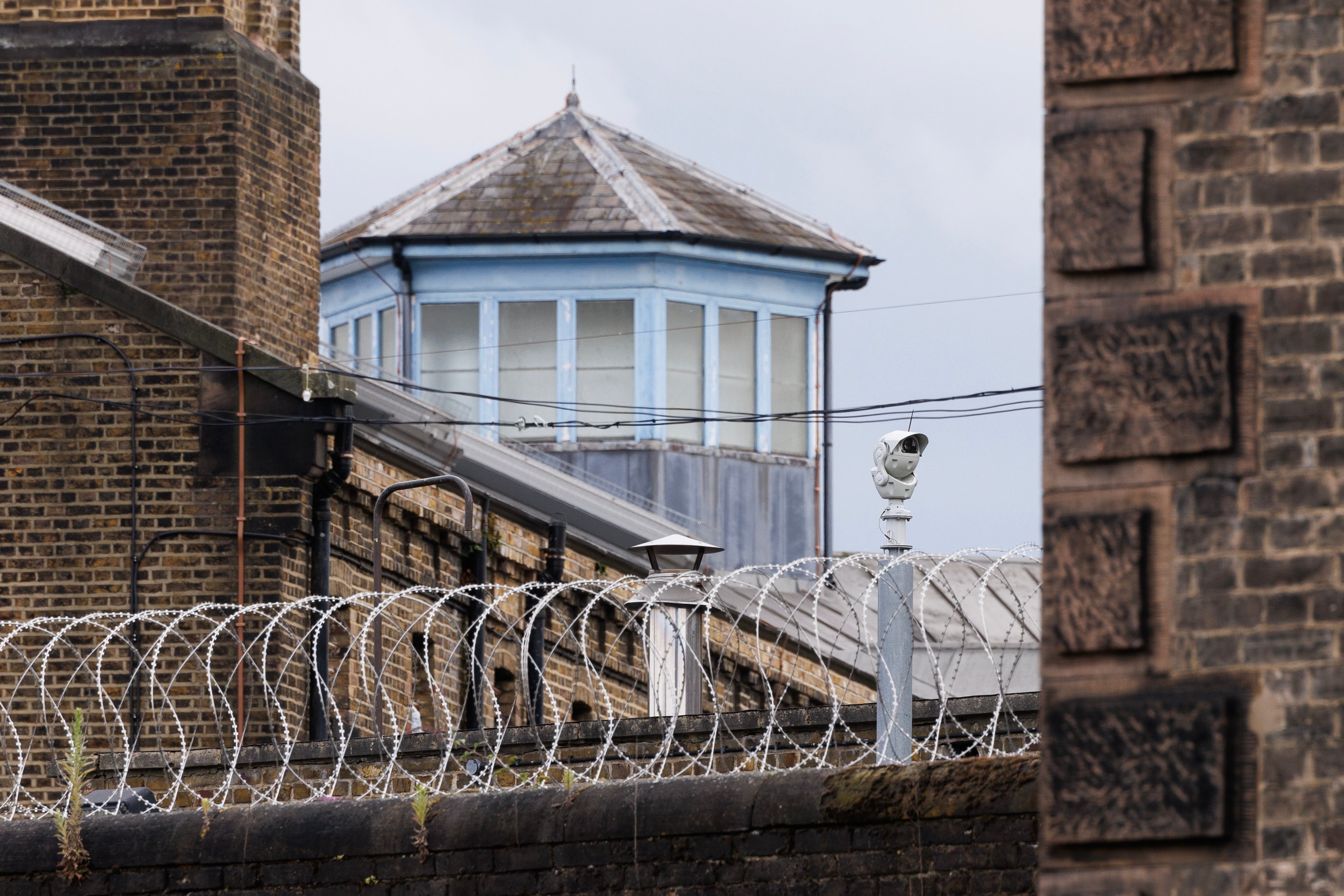
Government plans to expand the prison estate by 20,000 new cell spaces are running five years behind schedule and will cost £4.2bn more than first forecast, a damning report by the spending watchdog has found.
Even if the current expansion plans are achieved, watchdog the National Audit Office (NAO) predicts that there will still be a shortage of 12,400 places by 2027.
Amid an overcrowding crisis in England’s prisons, the prison and probation service has only created a third (6,518) of the 20,000 additional places that were promised by the mid-2020s, the report said.
The prisons overcrowding crisis is down to the failure of the previous Conservative government to make sure policy changes bringing in longer jail sentences and boosting police numbers matched the space available in prisons to hold criminals, according to the report published on Wednesday.
The watchdog also said the then government’s 2021 pledge to create an extra 20,000 cells spaces – by building more prisons, temporary wings and refurbishing existing cell blocks – is now not expected to be met until 2031, around five years later than promised.

The government now expects that the expansion plans will cost between £9.4bn and £10.1bn, which will be at least £4.2bn over previous forecasts, the NAO revealed.
The watchdog predicted that, despite measures to release pressure on the system with prisoner releases, the estate will still be overstretched as crumbling cells become unusable. A quarter (23,000) of prison places do not meet fire safety standards and the prison service backlog of maintenance has doubled from £0.9bn to £1.8bn in the past four years.
Campaigners branded the findings “damning” and the spiralling costs “eye watering” as they repeated calls for an overhaul of how criminals are sentenced.
Sir Geoffrey Clifton-Brown, chair of the Commons Public Accounts Committee, which scrutinises government spending, said prisons were “already at the brink” and it was “unacceptable” that plans “beset with delays” would not meet future demand.
He said: “The Ministry of Justice (MoJ) has been in firefighting mode, prioritising short-term solutions to the crisis. These are not only expensive but also increase risks to prisoner, staff and public safety.
“The government must pull together a coherent and viable long-term plan for a prison estate that meets demand and delivers value for taxpayers’ money.”
The report found the “crisis” was a “consequence of previous governments’ failure to align criminal justice policies with funding for the prison estate, leading to reactive solutions which represent poor value for money”, adding: “Years of underinvestment in maintaining the prison estate put MoJ and HMPPS [HM Prison and Probation Service] in a weak position to respond to these increases.”
The current expansion plans are “insufficient to meet projected future demand”, it said.
The NAO also warned the government department “does not have any contingency plans to increase prison capacity as it views it has limited options left to do this”.
Pia Sinha, chief executive of the Prison Reform Trust, described the findings as “damning” and said they laid bare the “negligence of previous governments and their approach to penal policy” which has left taxpayers facing an “eye-watering bill with no certainty on when the ongoing prison capacity crisis will end”.
Andrea Coomber, chief executive of the Howard League for Penal Reform, said the “scathing” report confirms “we cannot build our way out of the prison capacity crisis”, adding: “We have to reduce demand on a system that has been asked to do too much, with too little, for too long.”
Richard Garside, director of the Centre for Crime and Justice Studies, blamed governments and parliament for being “joint architects of a decade-in-the-making prisons crisis”. He called on policy and law makers to “set a fresh course, aimed at containing prison population growth in the short term and reducing it in the medium to long term”.
Head of the NAO Gareth Davies said: “The government must learn lessons from the current prison capacity crisis to ensure the long-term resilience and cost effectiveness of the prison estate.”
The MoJ has been contacted for comment.







